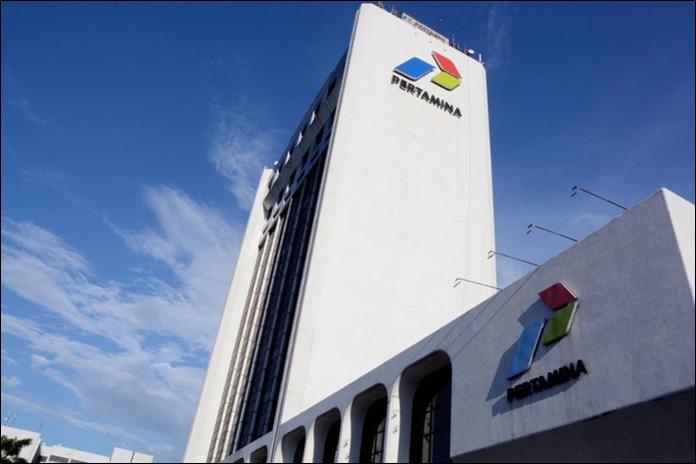A Petronas-Pertamina crude swap agreement was the latest instance of Southeast Asian NOCs teaming up to tackle shared energy security challenges.
The $500mn crude oil swap deal between Malaysia’s Petronas and Indonesia’s Pertamina signed on 18 February was the latest in a trend of collaborative moves between NOCs in the region to boost efficiency and energy security. The deal targets midstream logistical savings but forms part of a broader agreement that extends to other midstream areas as well as upstream collaboration and has a potential value of $1bn.
The agreement enables the NOCs to net-out expenses by swapping oil from fields that lay closer to each other’s refineries than their own. Pertamina says this will make an important contribution to national oil production goals. “This cooperation is part of Pertamina’s efforts to improve [Indonesian] energy security through the optimisation of an efficient crude oil supply chain,” Pertamina spokeswoman Fajriyah Usman stated on 19 February.
Groundwork for the deal was laid last May when—following overtures by the respective governments—Pertamina and Petronas signed an MoU that mandated joint R&D, exploration studies and trading collaboration, alongside the now finalised crude oil swap.
Southeast Asian countries—which share export-dependent economies and NOCs with maturing domestic resource portfolios—will increasingly seek to explore synergies to tackle shared crude production challenges, analysts predict. The average production of Southeast Asian NOCs could fall by 25pc by 2028 in comparison to 2018 levels, according to an index created by energy consultancy Wood Mackenzie (See Figure 1).
“Since 2015, we have seen a strong indication that Southeast Asian NOCs are willing to use government connections to access global opportunities,” says Max Petrov, senior analyst at Wood Mackenzie, noting that this is particularly the case for upstream ventures.
“This will continue, with NOCs relying on both government-to-government and NOC-to-NOC deal-making to expand internationally,” he adds, citing joint operations between Petronas and Thailand’s PTTEP in Oman and UAE licencing awards.
New horizons
Closer links between governments and their NOCs in the region can also help shield their economies from price volatility, particularly as oil markets reel from events such as the spread of Covid-19.
“The fluctuations of the global oil price prompted the deal between Petronas and Pertamina,” says Nicole Zhou, oil and gas analyst at GlobalData. “For these relatively small Southeast Asian NOCs, controlling costs while maintaining E&P amid fluctuations in global oil prices is part of their strategy to ensure national energy security.”
Southeast Asian NOCs with falling domestic production will also need to look further afield for joint exploration ventures, likely in prospective acreage in Africa and South America.
“With limited success domestically, these NOCs are under pressure to explore international waters,” says Rystad vice president of upstream research Parul Chopra. “The common theme is that the NOCs are actively exploring areas they have not ventured [into] before. There is a clear shift in the exploration strategy to build an organic international presence across the globe.”

Petronas has wells lined up with Spain’s Repsol, China’s Cnooc and US firm Murphy Oil over the the next two years in Mexico. It is also teaming up with France’s Total and Germany’s Wintershall-Dea in Brazil and Suriname respectively. In Africa, Petronas is also exploring offshore acreage in Gabon, Gambia and Egypt. Most of the acreage involved was either awarded or farmed-in since 2018.
PTTEP has also lined up projects that it expects to make FIDs on over the next couple of years in Australia, Malaysia, Vietnam and Myanmar to arrest declining production.
As Western majors fret over the energy transition, it is likely that Southeast Asian NOCs will seek to improve their positions in the global upstream market both through diplomatic channels and deeper private sector collaboration.



